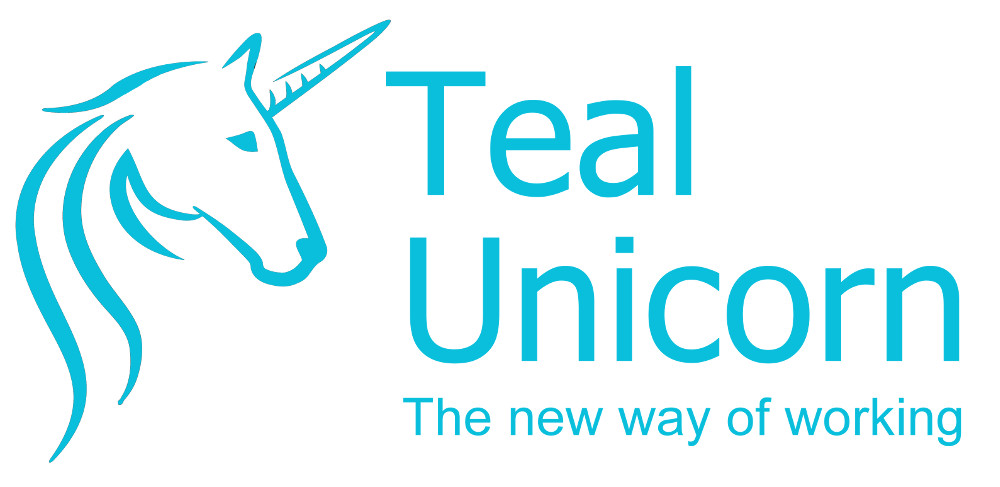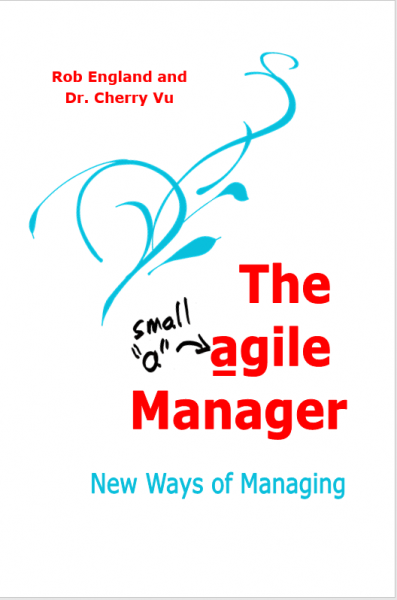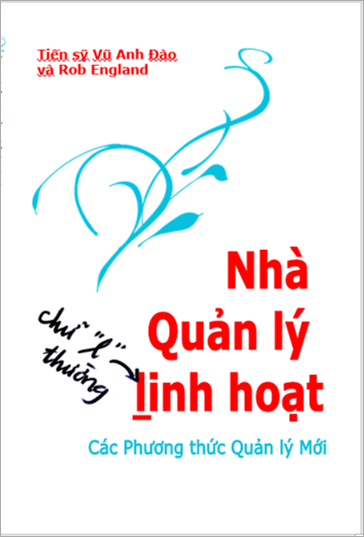New Ways Of Managing is a book!
The agile Manager, New Ways of Managing
Yes, small "a".
And our own training!.
Agile thinking is advancing IT, enterprises, government, and society. Its impact is far reaching enough to talk of it as a renaissance in thinking, a refresh or step change that comes only once or twice a century. This is not an exaggeration.
Agile thinking empowers people to be knowledge workers, to design the work and make the decisions. It treats them like they are over 18 and on the same side. Conventional management too often treats people like clerical workers, like plug-compatible wetware, like Human Resources, who can't be trusted, who are evaluated numerically, who are an overhead to be minimised, who need to be told what to do and how to do it. Which one is more condusive to satisfaction and mental health?
The Agile movement is leading to New Ways Of Working: iterative, incremental, experimenting, exploring complex systems (our discussion of new ways of working here, with reading list). These are displacing the ideas of big-bang projects; zero risk; certainty and accuracy; plan once execute perfectly; failure is not an option.
At least as important, though, is New Ways Of Managing, agile Management. Too often, management views the transformationadvancement to new ways as something done to improve the practitioner workforce, not management. This can't be. For an organisation to change, the management must change. And the governance must change to allow and direct the management to change. This is one of the biggest issues facing organisations moving to agile ways of working. Managers must understand and focus on empowerment, collaboration, agility, and flow. We  make the new ways of managing a special focus for Teal Unicorn when we transform organisations and IT functions. We provide coaching and training to get there.
make the new ways of managing a special focus for Teal Unicorn when we transform organisations and IT functions. We provide coaching and training to get there.
We have been given three insights to help with this.
This is our thinking we use:
Target state
There isn't one. Too many frameworks and methodologies and bodies of knowledge want to tell you what the ideal state looks like. Having some aspirations - some navigational stars - is useful and gives us a direction, but there is no state that we seriously expect to arrive at. New Ways of Managing is a transformational approach, so it is a means of improving work. As such it is a journey which is never ending. As fast as we improve towards some aspirational state, we will never reach it because the world changes and that aspirational goal moves. The Toyota Improvement Kata has always recognise this by setting short term goals that we iterate towards, but each time we reach that short term goal we revalidate the long term vision because it is likely to have moved in the interim. If expensive kids in suits claim they can tell you what your operating model will look like in 2 years time you should show them the door. Nobody can know that. We are dealing with complex systems and in a complex system we can never know what the future state will be at any point in time nor do we expect that state to ever be a static one. The concept that our operational state is ever a static stable one with brief interim periods of change is outdated and outmoded. We must understand that change is the permanent state and that future conditions are arrived at by exploration experiment and iteration
The Teal Unicorn solution
We haven't got one. Again, if some consulting firm claims that they have a solution that fits everyone you should show them the door. Exactly what approach will change the behaviour of a group of hundreds or thousands of people can only be discovered by experiment. Every organisation uses different methods to follow a different journey. The only things that are common across organisations pursuing new ways of working and managing are the principles and general theoretical models which we apply along the way.
Principles
Managers must get their heads around ten major principles (and more principles associated with them):
• More important to improve work than to do work
• Work must be sustainable
• Do less to do more
• It’s a complex system
• Navigate uncertainty and ambiguity
• Trust people
• Success is achieved through failure
• Product not project
• Shift quality left, bake it in
• Get out of the way of the flow of value
Models
These principles lead us to new models of managing:
• Kaizen
• Networked
• Servant leader manager
• Agile management
• Transformational leadership
Methods
In order to get there we manage with new methods:
• Lean
• Theory of Constraints
• Scrum
• Kanban
• SAFe (the trainer wheels of legacy orgs), Disciplined Agile, LeSS, Scrum of Scrums...
• DevOps
How to get to new ways of managing
The key to success in getting a legacy organisation to new ways of working, to agility, is understanding how to create the advancement and, in particular, understanding that the focus of the advancement has to be the management layer, rather than the work. This is the first insight we have been given, and it is the nub of our agile Management approach: the realisation that the most important aspect of new ways of working is not the target state or some template solution or even distilling out a set of principles; it’s the management.
The high-level executives are more likely to be risk takers and big thinkers and will embrace new ways of working more quickly than the middle management will. Likewise, the practitioners at the worker level are generally keen to do something better once you work them through their initial resistance to being changed.
But that middle layer, that permafrost, is usually the slowest to move in any organisation. So while other bodies of knowledge emphasise executive support and new ways of working for the teams, we think that those two aspects actually sandwich the most important and most neglected area: moving the management.
The second insight that we have learnt is that you can't change individual people, whether they be executive, management, or team practitioners. People exist within a system so we must change the system rather than the people or some amorphous concept of "culture".
And the third insight that experience and theory has taught us is that you can't change a human system directly, they're too complex. You must change the externalities to influence the system to change. Change the governance, policy, KPIs, products, services, and people development. In other words, change how we manage the system. The culture and work will then change.
Trying to change culture and work directly is futile. It works locally at a team level up to a point, if you can create enough white-space for change to survive. But beyond that point, change must be systemic. And fairly soon it must be systemic at an enterprise level.
From our three insights into the new ways of managing, we created Teal Unicorn’s approach to driving advancement to new ways of working: the Unicorn Management Model, and our own training.



